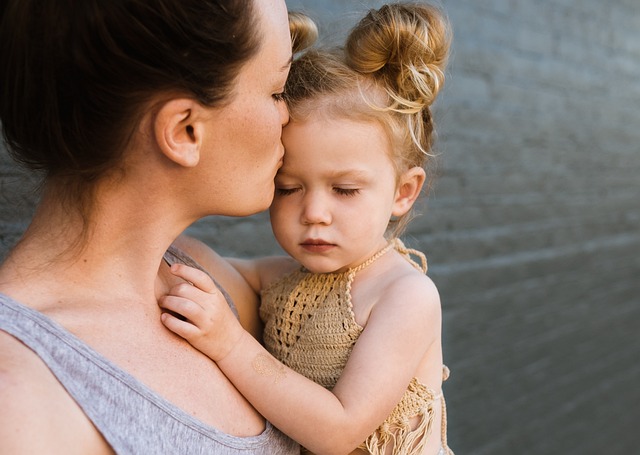Oregon's welfare system, governed by its robust Oregon Family Law code, provides a safety net for vulnerable children removed from abusive or neglectful homes. The system facilitates court interventions, foster care placements, and tailored services aimed at either family reunification or securing permanent homes. Dedicated advocates guided by Oregon Family Law empower children and parents to build resilient lives while ensuring their rights are protected. A collaborative, multi-faceted approach involving legal professionals, non-profits, social workers, and foster families is crucial for leveraging guardianship, adoptions, and community resources to secure stable homes and address holistic needs.
In Oregon, the welfare system plays a crucial role in supporting vulnerable children. This article delves into Oregon family law and explores how advocates are instrumental in uplifting these young lives. We examine strategies and resources for effective advocacy, focusing on the unique challenges faced by children within the system. By understanding Oregon family law, we can foster stronger support networks, ensuring these kids receive the care and opportunities they deserve.
- Oregon Family Law: Understanding the Welfare System
- The Role of Advocates in Supporting Children
- Strategies and Resources for Effective Advocacy
Oregon Family Law: Understanding the Welfare System

Oregon’s welfare system, governed by its family law code, plays a pivotal role in supporting and protecting vulnerable children within the state. At its core, the system is designed to ensure the safety, well-being, and stability of children who have been removed from their homes due to abuse, neglect, or other risky circumstances. Oregon Family Law provides a framework for court interventions, fostering placements, and various services aimed at reuniting families or finding permanent homes for children in need.
The welfare system in Oregon is structured to offer a range of support services, including counseling, education programs, and medical care, tailored to meet the unique needs of each child and family. By implementing these measures, Oregon Family Law seeks to break cycles of trauma and adversity, empowering both children and parents to build resilient, healthy lives. Understanding this intricate system is crucial for anyone interested in advocating for the rights and best interests of children within the Oregon welfare framework.
The Role of Advocates in Supporting Children

Children involved in the welfare system often face complex and challenging circumstances, making it crucial for them to have strong advocates. In Oregon, where family law plays a significant role in determining the future of these children, advocates act as guardians, ensuring their voices are heard and their rights are protected. They navigate the intricate legal landscape, providing support and guidance to help children understand their options and make informed decisions about their lives.
Advocates for children in Oregon’s welfare system play a vital role in fostering stability and advocating for positive outcomes. By working closely with social workers, attorneys, and other professionals, they ensure that the best interests of the child are at the forefront of every decision. Through representation, education, and emotional support, advocates empower children to navigate their legal processes, ultimately aiming to secure safe and permanent placements, as mandated by Oregon family law.
Strategies and Resources for Effective Advocacy

Advocating for children in the welfare system requires a multi-faceted approach that leverages both legal and community resources. In Oregon, where family law plays a pivotal role in determining the future of vulnerable youth, legal professionals can collaborate with non-profit organizations, social workers, and foster families to create lasting change. One effective strategy is to utilize legal tools such as guardianship proceedings or adoption options to secure stable, permanent homes for children.
Resources like legal aid organizations, pro bono programs, and community support groups offer crucial assistance. Oregon family law professionals can connect children with appropriate services, including therapy, education support, and after-school programs, addressing holistic needs. Building partnerships between legal representatives and community advocates ensures a comprehensive approach, fostering a network that protects and empowers children within the welfare system.






